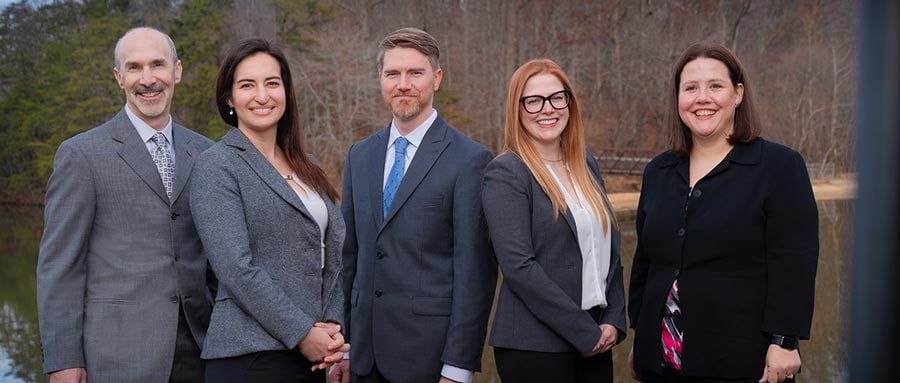Motorcycle riding is a beloved pastime for many people in Virginia.
The Virginia Department of Motor Vehicles recorded nearly 190,000 motorcycle registrations in 2021. Motorcycles offer a fun, exciting and fuel-efficient way to travel. Motorcycle accidents, however, can lead to life-altering injuries, such as amputations.
Understanding amputation
Traumatic amputation can occur during the initial crash. Often, however, amputations occur after the crash when it becomes apparent that medical treatment can not repair the injured limb.
The impact of a crash can throw a motorcyclist from the vehicle, resulting in multiple bone fractures. If surgery can not restore meaningful function to the body part, the surgeon may recommend amputation.
Infection is another common cause of amputation. An infection can become life-threatening if it spreads to the rest of the body, so it is sometimes necessary to amputate the limb to prevent further complications.
Recovering from amputation
After an amputation, medical professionals can help with the rehabilitation process, including physical therapists, prosthetists, occupational therapists and psychologists.
Prosthetics can drastically improve mobility and quality of life, but they are not appropriate for everyone. Your medical team can help determine what accommodations work best for you. Throughout the recovery process, you should also receive psychiatric counseling to process the trauma of the accident and your injuries.
Getting back on your motorcycle
If you have lost a limb in a motorcycle crash, you may wonder whether you will ever be able to ride again. In many cases, motorcyclists can resume their favorite hobby with the use of prosthetics. If riding your motorcycle is an important goal, you should discuss it with your doctors and therapists during your rehabilitation.
Amputation is a life-changing injury. Fortunately, medical technology is available to improve your quality of life and help you resume your normal activities.


